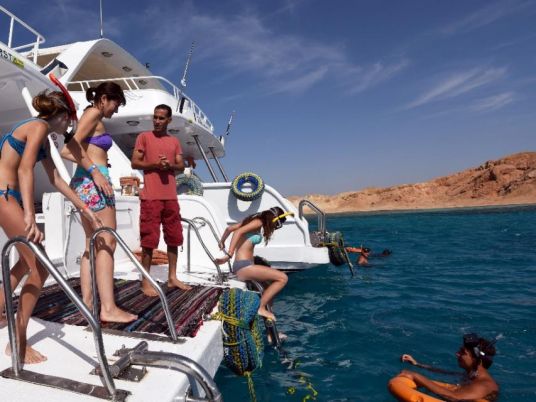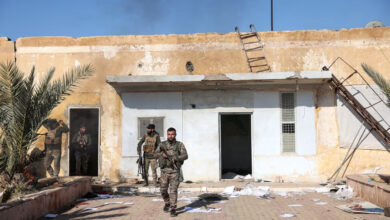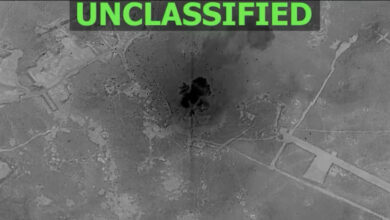
Egypt has been one of the biggest attractions for Russian tourists, attracting 20 percent of Russian travelers in the first half of the year according to The Atlantic. Three million Russian tourists visited Egypt last year, according to the AP, making up one third of all visitors to the country.
The country's tourism revenue dropped 15 percent to reach US$1.7 billion in the 3rd quarter of 2015, compared to $2 billion in the same period last year, according to daily business newspaper Al Borsa.
The Russian plane crash is not the only event in recent months to have cast a shadow over the future of tourism in Egypt. In September 2015, eight Mexican tourists were killed near Bahariya in the Western desert when their convoy was gunned down by a military helicopter. The army claimed the tourists were mistaken for militants because they were in a restricted area, although it was later revealed that the tourists had obtained the proper travel permits for the journey.
General instability in Sinai has also caused concern for the tourism industry. Following the ouster of Morsi in 2013, a militant group was formed in the Sinai called Ansar Beit al-Maqdis (now Walayat al-Sinai) that claimed attacks on army checkpoints and outposts killing hundreds of army personnel and soldiers. The militant group has claimed allegiance with ISIS, the self-proclaimed Islamic State in Syria and Iraq.
Despite violence between militants and the army in North Sinai, tourism officials and companies have continued to promote the safety of tourism along the Red Sea, in cities like Dahab, Nuweiba, Hurghada and Sharm el-Sheikh. It remains to be seen what lasting effects this latest incident will have on the industry as a whole.




